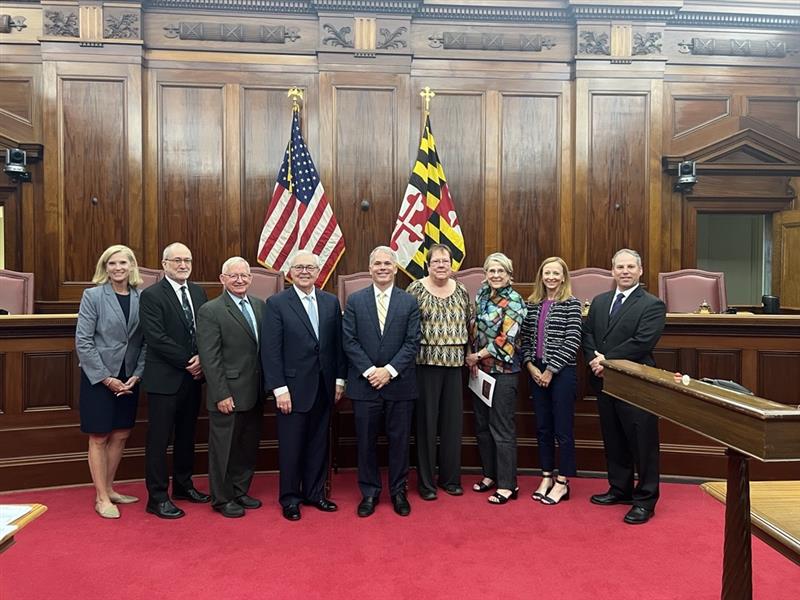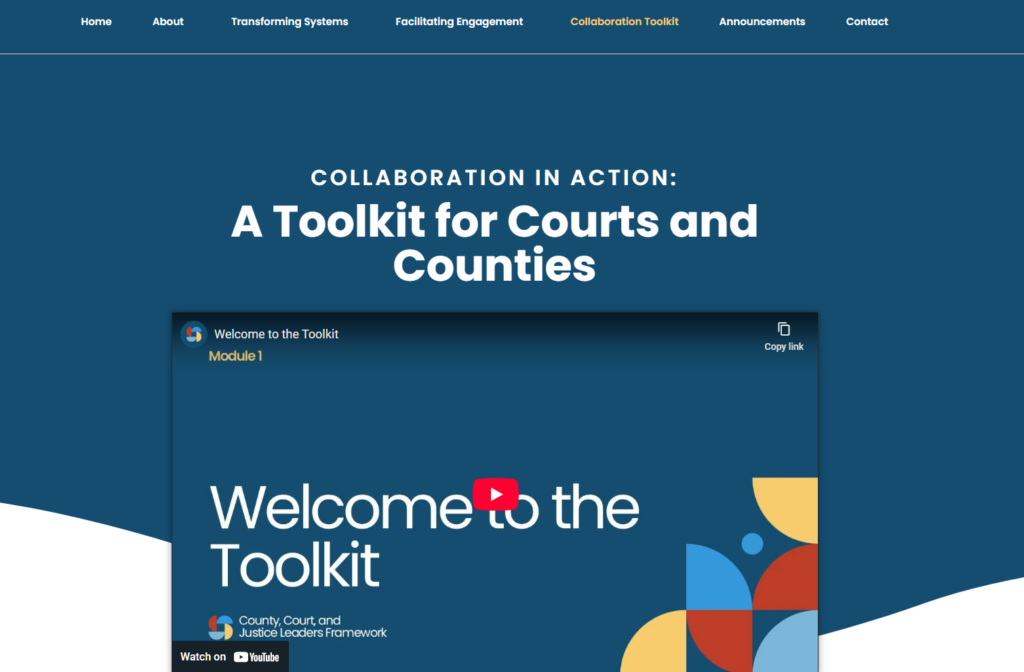SJI received ten (10) grant applications requesting a total of $1,020,979 for the 3rd quarter of FY 2025.
The Board awarded two (2) Strategic Initiative Grants to: the Mississippi Center for Justice to focus on rule implementation and modifications in justice courts across the state; and the Children’s Law Center, in partnership with the National Council of Juvenile and Family Court Judges and the Children’s Voice Project to develop and promulgate best practices in children’s participation in family court proceedings.
Six (6) Technical Assistance Grant applications were awarded: the Supreme Court of Virginia to examine the significant disparity in participation rates of parents in court-ordered parental education seminars for contested custody, visitation, and support cases; the Mississippi Administrative Office of the Courts to transform and improve juvenile delinquency court (“Youth Court”) policy, practice, and funding statewide; the Nebraska Administrative Office of Courts and Probation to expand judicial leadership in cross-sector collaboration through the 2025 Children’s Summit and Upstream workshops; the DeKalb County, Georgia, Magistrate Court to plan and launch a court-based self-help center based on national best practices; the 5th Judicial District Court of Pennsylvania to improve the child custody and related motions docket, with particular focus on self-represented litigants; and the Indiana Office of Judicial Administration to implement innovative triage solutions to enhance criminal case management.
Two (2) Curriculum Adaptation and Training Grants were awarded: the National Center for State Courts to pilot, adapt, and improve the course content of a recently developed curriculum on data literacy for court managers and staff; and the West Virginia Supreme Court of Appeals for a workshop focused on building leadership capacity and team building.
The next deadline for grant applications is August 1, 2025.






